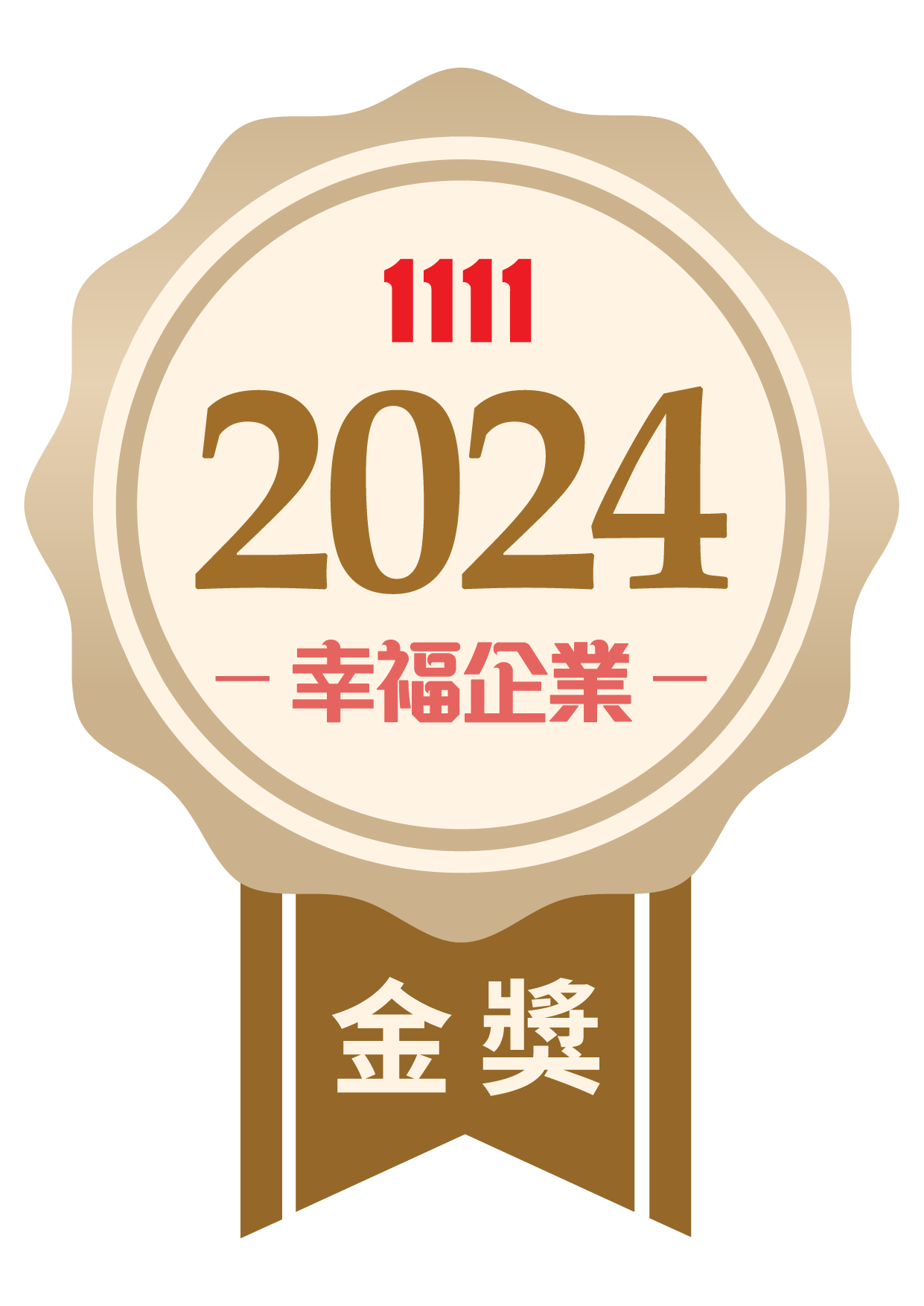UK Aluminium Federation Officially Launches, Targeting Dual Goals of Industrial Growth and Carbon Reduction
Source: Official Website of ALFED
The UK Aluminium Federation (ALFED) chose the prestigious setting of the House of Lords to officially announce the launch of the “UK Aluminium Alliance.” This new initiative carries bold ambitions: to reposition aluminium as a key player in the UK’s industrial landscape while steering the sector toward a low-carbon future.
The timing of the launch is strategic, aligning with the government’s newly released industrial strategy and its commitment to easing energy cost burdens for over 7,000 manufacturing businesses. The event attracted a high-profile audience, including government officials, equipment manufacturers, recyclers, and representatives from across the aluminium value chain.
ALFED CEO Nadine Bloxsome was direct in her remarks: “It’s time to stop seeing aluminium merely as a recyclable material and start recognising it as critical infrastructure for the economy, net-zero goals, and national resilience.” Her statement underscored the challenges facing the industry and the urgent need for coordinated action—precisely what the new alliance aims to deliver.

Five Strategic Pillars, Each with a Purpose
The Alliance has outlined five key areas of focus, each with a specific rationale.
On energy pricing reform, the government has pledged to slash up to 90% of electricity network charges for energy-intensive industries—a significant boost for the highly power-dependent aluminium sector.
The development of an industrial map may sound technical, but its intent is practical: to take stock of the sector’s true capacity. Understanding how much aluminium production and reprocessing capability the UK actually has—and where it’s located—is critical for both investment planning and policymaking.
Workforce development is a long-term investment aimed at cultivating skilled professionals who can support the industry’s green transition.
Circular market development focuses on building a robust aluminium recycling and reuse system to reduce reliance on imported raw materials.
Perhaps most crucial is policy engagement—ensuring that aluminium is treated as a strategic resource in future industrial policy decisions.
A Collaborative Model That Breaks Down Silos
One defining feature of the Alliance is its departure from the traditional trade association model. It welcomes participation from across the value chain—upstream smelters, downstream equipment manufacturers, large corporations, SMEs, and even academic institutions. This open and inclusive approach better reflects the modern trend of integrated industrial ecosystems.
Operationally, the Alliance will be embedded within ALFED’s existing structure, leveraging its expertise in technical services, workforce training, and policy advocacy. It will also engage directly with key government departments such as the Department for Business and Trade, the Department for Energy Security and Net Zero, and the Ministry of Defence, aiming to influence critical policy areas like energy strategy, carbon border adjustments, and reshoring of manufacturing.
The formation of the Alliance signals the UK aluminium industry’s effort to reclaim its competitive edge on the global stage. In the face of mounting pressure from the EU, China, and other rivals, the UK is turning to policy tools and industry-wide collaboration as its strategy of choice. Whether this approach proves effective remains to be seen.



